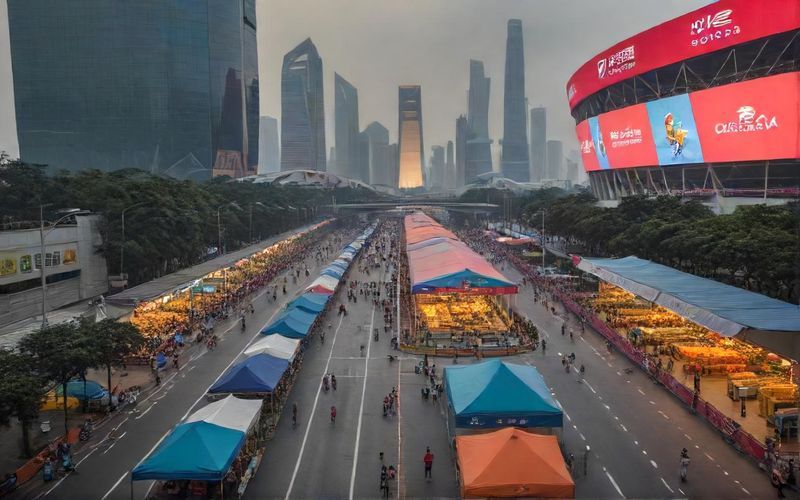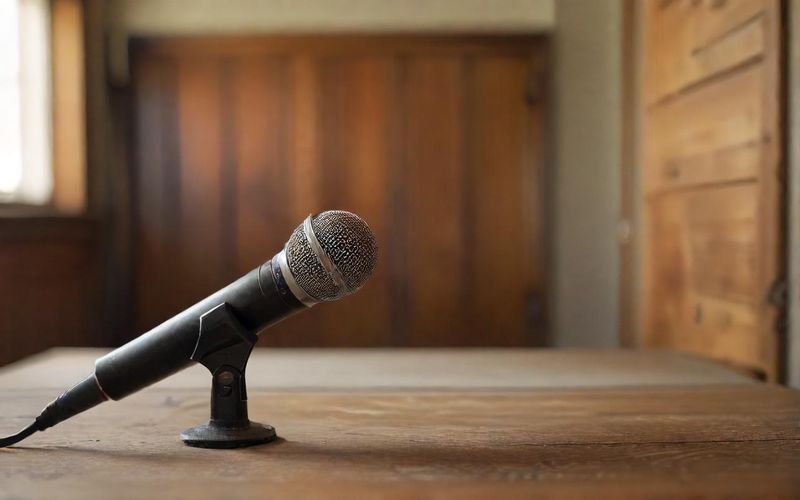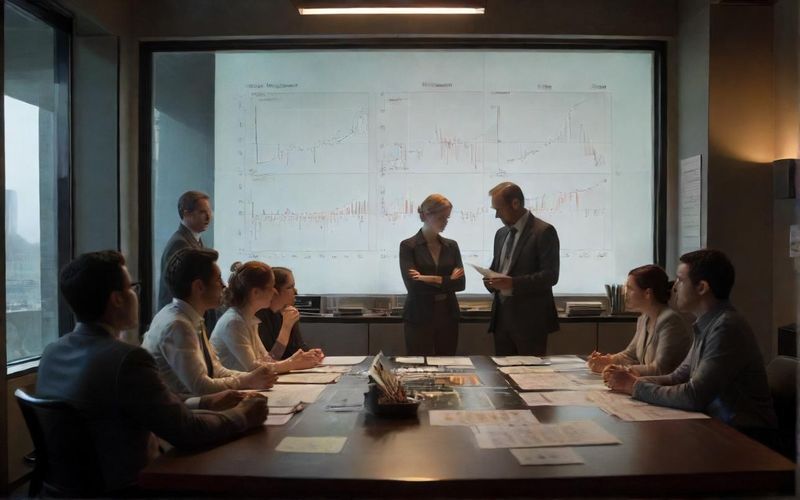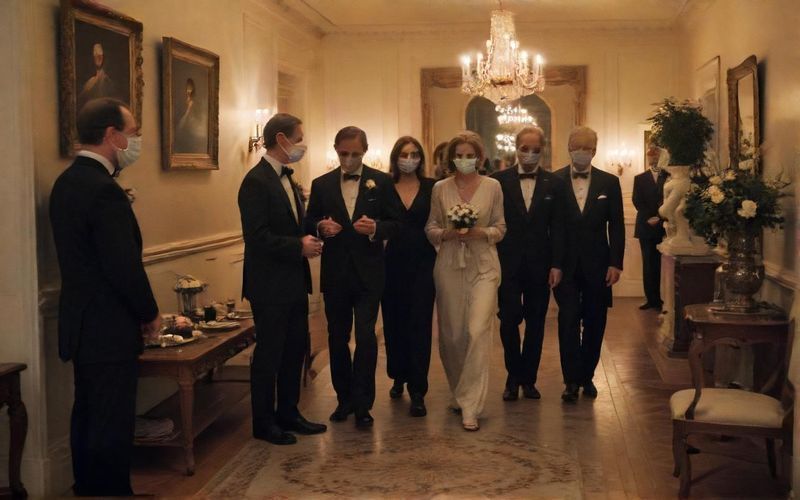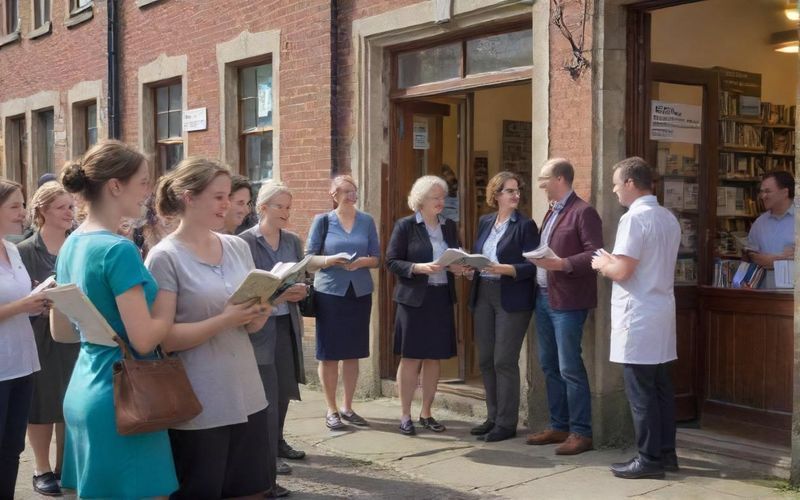Barcelona's Past Rescue, Future Sound, Faith Rise
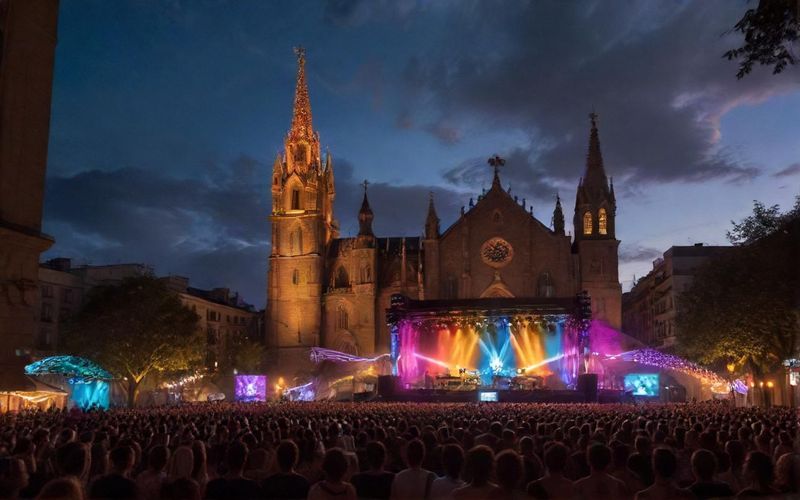
Take, for instance, the story of FC Barcelona in 1937. It’s easy to get lost in the roar of the current stadiums, the drama of a modern derby, or the dazzling skill of today’s superstars. But in that turbulent year, the club faced an existential crisis. The Spanish Civil War wasn't just a distant conflict; it directly threatened the very existence of this beloved institution. Frederic Porta's research into this period, highlighted by his book, "1937. El Barça a Mèxic," reveals a lifeline thrown from across the Atlantic. Mexico, under President Lázaro Cárdenas, offered not just refuge to Spanish exiles but a crucial financial lifeline to a club deeply intertwined with Catalan identity. The idea that a football club, a symbol of sporting pride, could have been silenced forever due to political upheaval is a sobering thought. It’s a testament to the foresight of individuals like Manuel Mas Serrano and the diplomatic efforts of Alejandro Gómez Maganda, acting on Cárdenas's vision, that this vital piece of cultural heritage survived. This isn't just about football; it's about the enduring power of international solidarity and the resilience of cultural symbols in the face of adversity.
Fast forward to today, and Barcelona continues to be a magnet for cultural expression, albeit in a very different form. The news of the Danish duo ROYA bringing their promising sound to Barcelona in November 2025, accompanied by the talented DJ Mina Ritz, paints a picture of a city vibrant with contemporary music. It’s a reminder that even as we look back at profound historical moments, Barcelona is also a hub for the future, a place where new artists find their footing and connect with audiences. Mina Ritz herself, having graced festivals like Tomorrowland, exemplifies the global reach of music originating from or passing through such a dynamic city. It’s this constant flux, this blending of past and present, that gives a place like Barcelona its unique pulse.
And then there’s a development that might surprise many: a reported resurgence in regular church attendance in the province of Barcelona. Data from the Center for Opinion Studies and the Institute of Statistics of Catalonia, analyzed by the Archdiocese, indicates a doubling of regular mass attendees in the last five years. This trend, particularly post-pandemic, suggests a deeper spiritual reawakening, not just among those born into practicing families, but among young adults making conscious choices to embrace faith. It's easy to assume a secularizing world, but these figures suggest a nuanced reality, a search for meaning and community that transcends simple demographics. This reported "religious awakening" across various faiths in Catalonia adds another layer to Barcelona's multifaceted identity, suggesting a population actively seeking connection and reflection.
What’s truly remarkable is how these seemingly unrelated narratives—a historical rescue mission for a football club, the arrival of cutting-edge electronic music, and a rise in religious practice—all converge on the same geographical point. Barcelona, in its enduring spirit, seems to be a place where history is not just remembered but actively shaped, where cultural innovation thrives, and where individuals are finding new ways to connect with themselves and their communities. It begs the question: what other hidden currents are shaping the soul of this storied city?


